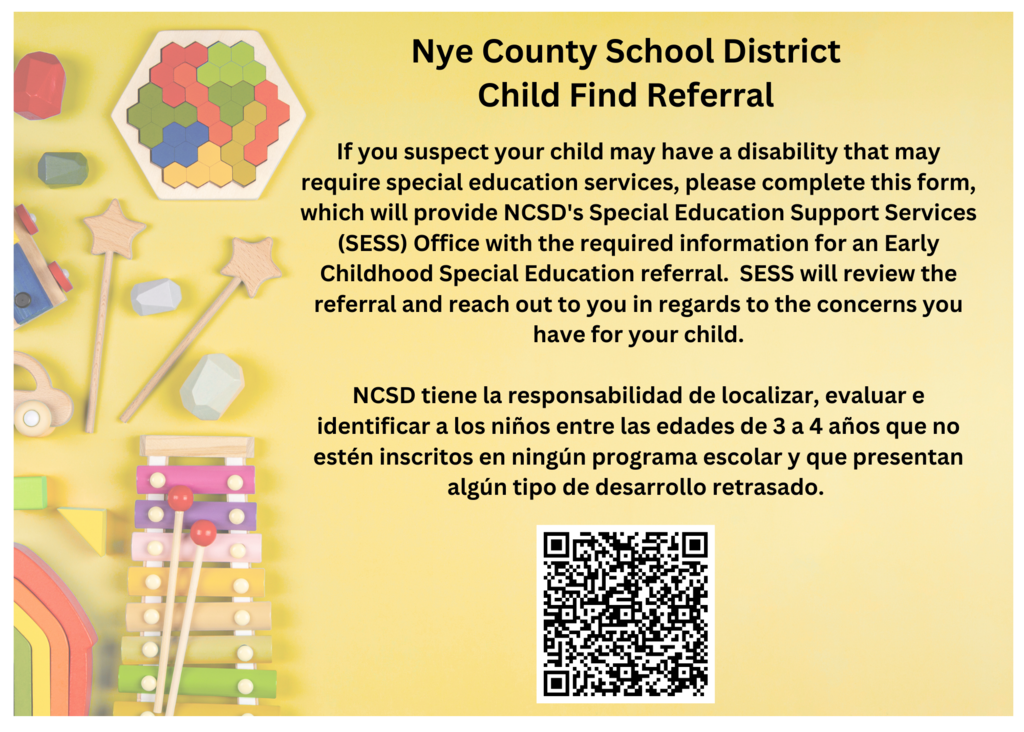Countdown to Kickoff: Trojans Football proudly represents Pahrump in Media Day
View the Pahrump Valley Times article here: https://snap.nyeschools.org/pvt-pvhskickoff250725
View the Pahrump Valley Times article here: https://snap.nyeschools.org/pvt-pvhskickoff250725

PVHS football program to host Spaghetti Dinner fundraiser and Dessert Auction
Please take a minute to read the article from the Pahrump Valley Times here: https://snap.nyeschools.org/pvt-pvhsdinner250725
Please take a minute to read the article from the Pahrump Valley Times here: https://snap.nyeschools.org/pvt-pvhsdinner250725

Pahrump Valley High School Senior Luigi DeAngelis Reflects on Unforgettable Experience at International Thespian Festival
Please take a second to review this article form the Pahrump Valley Community News: https://snap.nyeschools.org/pvcnews-theatre250717
Please take a second to review this article form the Pahrump Valley Community News: https://snap.nyeschools.org/pvcnews-theatre250717

If you suspect your child may have a disability that may require special education services, please complete this form, which will provide NCSD's Special Education Support Services
(SESS) Office with the required information for an Early Childhood Special Education referral. SESS will review the referral and reach out to you in regards to the concerns you have for your child.
------
NCSD tiene la responsabilidad de localizar, evaluar e identificar a los niños entre las edades de 3 a 4 años que no estén inscritos en ningún programa escolar y que presentan algún tipo de desarrollo retrasado.
https://snap.nyeschools.org/sesschildfind
(SESS) Office with the required information for an Early Childhood Special Education referral. SESS will review the referral and reach out to you in regards to the concerns you have for your child.
------
NCSD tiene la responsabilidad de localizar, evaluar e identificar a los niños entre las edades de 3 a 4 años que no estén inscritos en ningún programa escolar y que presentan algún tipo de desarrollo retrasado.
https://snap.nyeschools.org/sesschildfind

TONOPAH: School supply distribution day set for July 17.
Please take a second to read this Pahrump Valley Times article about the Tonopah School Supply Distribution: https://snap.nyeschools.org/pvt-supplies25710

The Pahrump Valley Times has a nice article by Robin Hebrock covering local school supply drives, VEA's Fill the Bucket campaign, and the back to school fair at the end of July. https://snap.nyeschools.org/pvt-supplies2574

Please take a look at this article from Pahrump Valley Community News for the back to school fair on July 26th at PVHS.
https://snap.nyeschools.org/pvcnewsbtsfair25
https://snap.nyeschools.org/pvcnewsbtsfair25

If you are interested in 4-year-old PreK, please fill out the form below.
https://snap.nyeschools.org/prekreg2526
https://snap.nyeschools.org/prekreg2526

Congratulations to three of our Attendance Challenge winners:
From Hafen Elementary Arilene Ayon and Noah Denning and from RCMS Patience Moore!
Attendance Challenge Introduction: https://5il.co/3kizz



Say Hello to two of our Attendance Challenge winners: Stefano Dimas from Amargosa Elementary and Zarina Gutierrez from Beatty!
Congratulations!
Attendance Challenge Introduction: https://5il.co/3kizz


Hope Squad at PVHS: Students Leading the Way in Mental Health Awareness and Suicide Prevention
Please read teh full article at Pahrump Valley Community News: https://snap.nyeschools.org/pvcnewshopesquad250626

Joyful Exhaustion: Jason Odegard Reflects on 28 Years of Service in Education
Read the article at the Pahrump Valley Community News: https://snap.nyeschools.org/pvcnewsjodegard
Here is an audio summary of the article about Mr. Odegard generated by A.I.: https://snap.nyeschools.org/pvcnewsjodegardmp3

Pahrump Back to School Fair
July 26, 2025
8am-11am

Nye County School District Prioritizes Long-Term Gym Floor Maintenance with Help from Tahoe Supply and Buckeye International
Read the article from Pahrump Valley Community News here: https://snap.nyeschools.org/pvcnewsgymfloors

PHOTOS: Cheers to the grads
Please view the article and photos at the Pahrump Valley Times: https://snap.nyeschools.org/pvhs2025pvtimesgrads

Jesse Araujo Reflects on Academics, Ambition, and Advocacy as PVHS Salutatorian
Please find the article at Pahrump Valley Community News: https://snap.nyeschools.org/pvhs2025saludatorian

Mathematics Leads the Way for PVHS Valedictorian Wolfe Beckley.
Please view the article at Pahrump Valley Community News: https://snap.nyeschools.org/2025pvhsvaledictorian

Strengthen Your Parenting Skills with the Triple P Program! 👨👩👧👦
Nye County School District is excited to offer the Triple P - Positive Parenting Program! This program is designed to help parents promote positive and caring relationships with their children (ages 12 and under).
Join us to learn how to:
Create a Safe and Interesting Home Environment 🏡
Build a Positive Learning Environment 📚
Use Assertive Discipline Effectively ✅
Have Realistic Expectations 👍
Take Care of Yourself as a Parent 🧘♀️
Program Details:
📍 Location: JG Johnson Elementary School
🗓️ Schedule:
Sessions 1-4 (In Person): July 8th, 15th, 22nd, & 29th | 10:00 AM - 12:00 PM
Sessions 5-7 (Phone Calls): One 15-minute call per week during Aug 4th-8th, Aug 11th-15th, and Aug 18th-22nd.
Session 8 (In Person): August 26th | 4:00 PM - 5:30 PM
This program is a fantastic opportunity to gain valuable tools and connect with fellow parents in our community.
Ready to RSVP? Contact Brionna Moore, School Social Worker:
Text Only: 775-537-4397
Email: bmoore@nyeschools.org
Don't miss out on this valuable resource – sign up today!
#NyeCountySchools #PositiveParenting #TripleP #ParentSupport #Community #JGJohnsonElementary

RCMS and Manse went into lockdown for about five minutes due to the sound of possible gunshots off campus.
The NCSSO investigated and found the noise to be fireworks.

#hiring #competitivesalariesandwages

